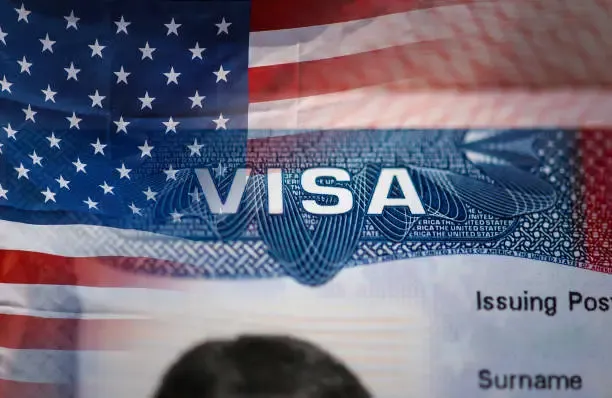U.S. Restarts Student Visa Processing—but Now Requires Social Media Access
What Changed?
In May, visa interviews for international students were paused worldwide while new vetting procedures were developed.
Now, embassies and consulates have been instructed to resume scheduling F, M, and J visa interviews.
Social Media Screening Requirement
New guidance mandates that applicants unlock all social media accounts as part of a “comprehensive vetting” process, allowing consular officers to examine posts, profiles, and online behavior.
The policy focuses on identifying hostility toward the U.S. (its government, culture, or institutions), potential support for terrorism, antisemitic or extremist content, or other security red flags.
Implications for Applicants
Private or restricted accounts may now be seen as attempts to conceal content and could result in visa denial or delays.
Consulates will be reviewing all applicants, including those already in progress, hoping to ensure they pose no threat to national security.
This move is part of a broader campaign under the Trump administration to enhance vetting standards and focus on international student activism, especially relating to tensions involving pro-Palestinian demonstrations and Chinese students.
Why It Matters
International enrollment helps U.S. universities financially—and Nigeria is a leading African source of students, with over 20,000 currently studying in the U.S..
Universities warn that stricter vetting could damage the nation’s reputation as a welcoming destination and lead to delays or fewer international applications.
What Students Should Do
1. Immediately make your social media public and ensure your profiles are clean of any content that could raise red flags.
2. Monitor appointment availability on your embassy or consulate website.
3. Gather documentation—financials, acceptance letters, passports—so you're ready once interviews resume.
4. Be patient: expect longer processing times as vetting becomes more intensive.
Bottom Line
The U.S. student visa process has resumed—but in exchange, applicants must now grant full access to their online lives. Whether this deters genuine students or uncovers real security risks is yet to be seen. Those planning to study abroad should act quickly: unlock your profiles and stay informed.




Comments
Post a Comment